Malaysia needs a strong, independent and gutsy SUHAKAM as the national human rights institution with the right people in the right job.
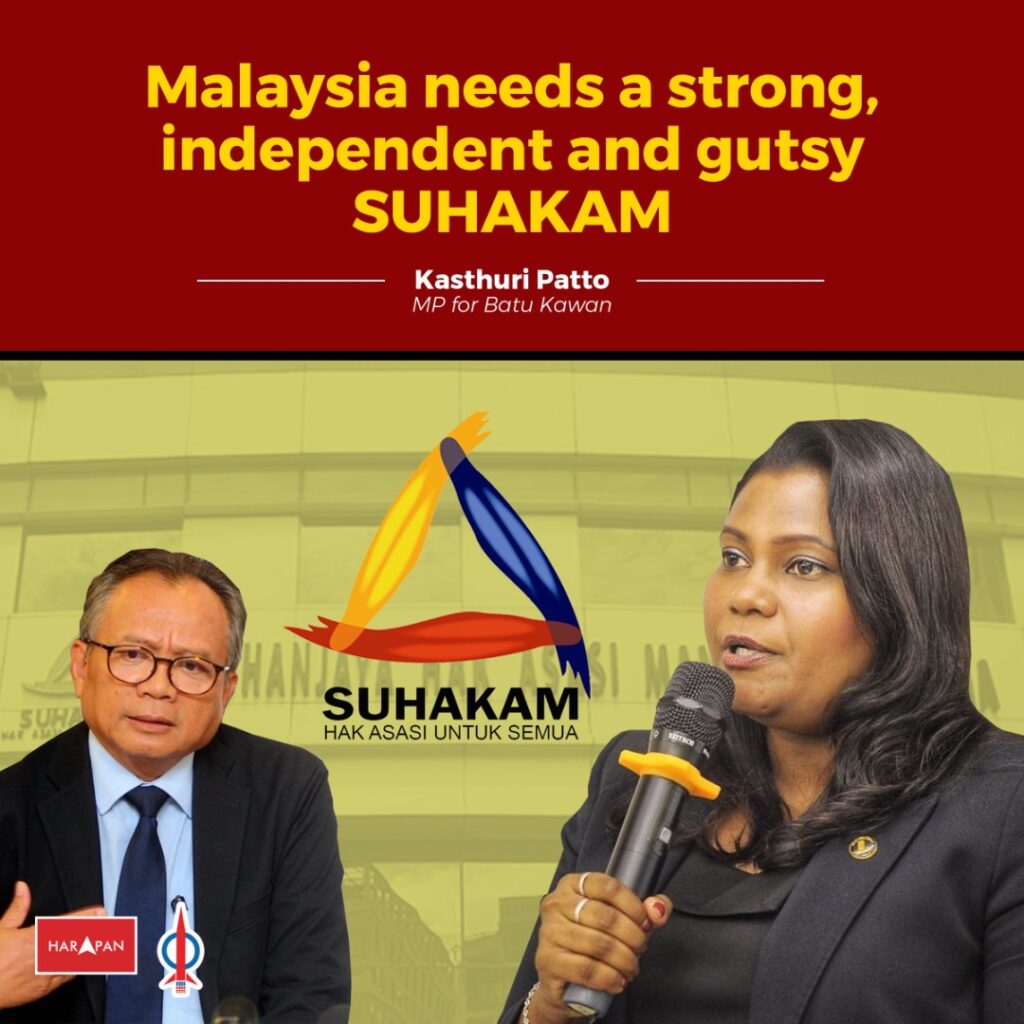
It has been 9 days since the controversial announcement of the new line-up of the commissioners in the Malaysian national human rights institution, also known as SUHAKAM and it has been the subject of evaluation and assessment by many.
Malaysia as a member of the United Nations Human Rights Council (2022-2024) needs a national human rights commission that functions as the cornerstone and is dedicated to uphold and champion human rights domestically using the principles of the Universal Declaration of Human Rights, without prejudice, fear or favour as its moral compass.
Apart from the line-up of some of the commissioners who hold positions in political parties, which I am certain have their own dogmas that members must adhere to, the statement by the Chairman of SUHAKAM Prof Datuk Dr Rahmat Mohamad a few days after his appointment that he will ensure human rights in Malaysia will be according to a local ‘mould’ or acuan tempatan’ and free from “political pressure” comes as a shock that he has totally lost the plot on the universality of human rights and not merely to his understanding of it.
A disastrous statement coming from the chief, the head of a powerful and influential commission, that was formed not as an NGO or a coalition but through an Act of Parliament that acts as the voice for all – minority and marginalised groups as well as for the vulnerable and weak.
Prof Datuk Dr Rahmat Mohamad stands corrected as the principles of human rights, and not just the rights for some but for all, must be, without compromise must be defended and upheld without bias or discrimination according to international standards and values and in accordance with the Universal Declaration of Human Rights (UDHR).
Therein also lies the obligation and responsibility that international human rights tenets are localised so as to ensure there is no discrimination, inequality, injustice and unfairness against any person or groups of people.
This year I reminded the Prime Minister Ismail Sabri upon Malaysia’s membership in the UN Human Rights Council that there are obligations that Malaysia must resolve, no matter how contentious, matters back home that speak of infringements on the fundamental rights of Malaysians and every single person on Malaysian soil.
They were,
1.To reform the criminal justice system and abolish the death penalty beginning with the abolition of the mandatory death penalty – the Government has made progress by announcing it will abolish the mandatory death penalty, and hopefully, this year;
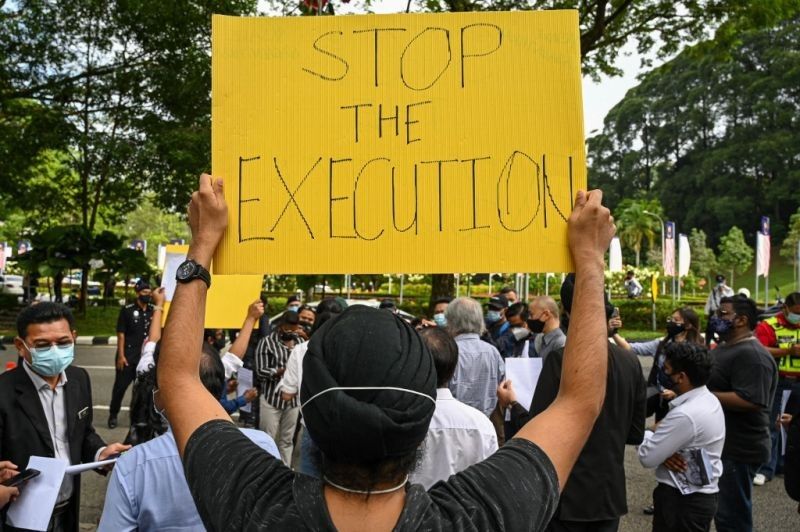
2. To table amendments to the Law Reform (Marriage and Divorces) 1974 and Shariah provisions to set 18 as the minimum age of marriage for Peninsular Malaysia as well as in Sabah and Sarawak with no exceptions – the Minister in Prime Minister’s Department in his Parliament reply this year made clear that the Government would still maintain status quo, allowing children below the age of 18 to marry;
3.To withdraw the appeal of the High Court decision that allows for automatic citizenship of children born overseas to Malaysian mothers as done by Malaysian fathers and to amend the Federal Constitution in line with this – the Government has yet to address the amendment to the Federal Constitution to cement, once and for all, the definition of both father and mother who can automatically pass on citizenship to their children born overseas and Malaysia still remains a part of 25 countries in the world that have nationality laws that deny women equal rights in conferring citizenship to their children as men do;
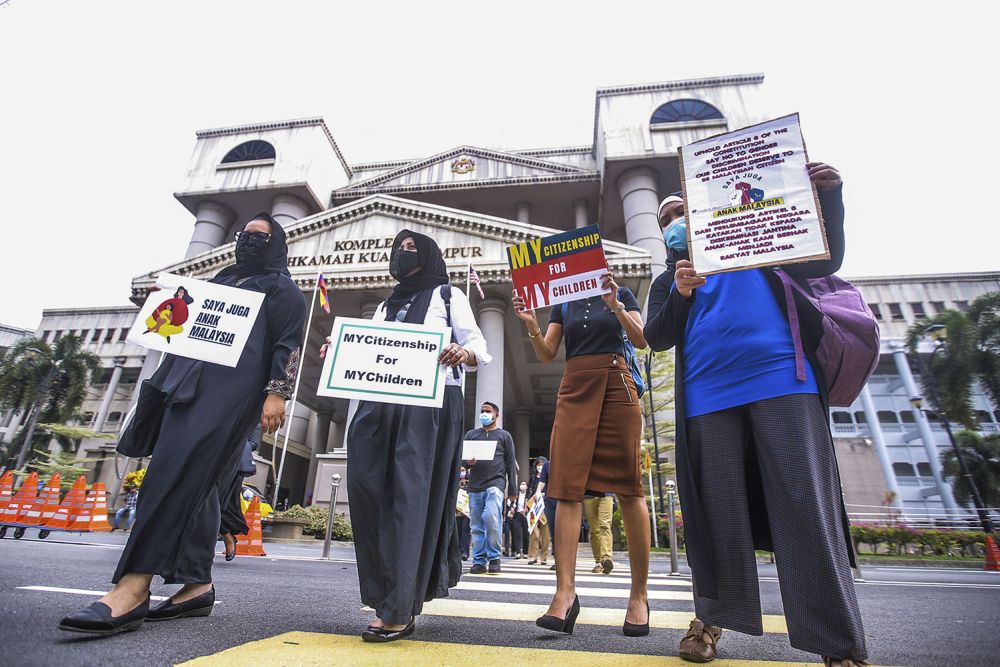
4.To table the Independent Police Complaints and Misconduct Commission (IPCMC) in the coming Parliament sitting and to ensure it is passed and to adopt a new interpretation by SUHAKAM of custodial deaths, as well as to ensure that the welfare of the police force is taken care of – the Government lacks the political will and courage to form an independent commission that can address custodial deaths in the bud instead of a watered down version in the form of the Independent Police Conduct Commission (IPCC) that has less powers and authority than the Enforcement Integrity Agency Commission (EAIC).
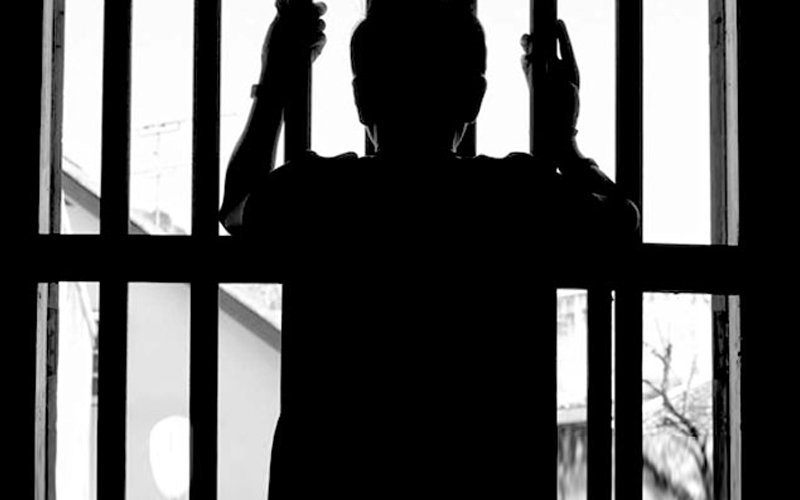
5.To sign and ratify international treaties such as the Rome Statute, the Second Protocol to the International Covenant on Civil and Political Rights, the UN Convention Against Torture, the 1951 Refugee Convention and conventions that eliminate discrimination and intolerance based on religion and belief and to immediately set up a Royal Commission on Enforced Disappearances – while Malaysia is a signatory to 3 human rights conventions – The Convention on the Elimination of All Forms of Discrimination Against Women (CEDAW), the Convention on the Rights of the Child (CRC) and the Convention on the Rights of Persons with Disabilities (CRPD), there are 6 other human rights conventions not signed and ratified yet including existing reservations in the CRC.
The new Chairman and commissioners of SUHAKAM bear the responsibility and obligation to be torch bearers for human rights for all in Malaysia.
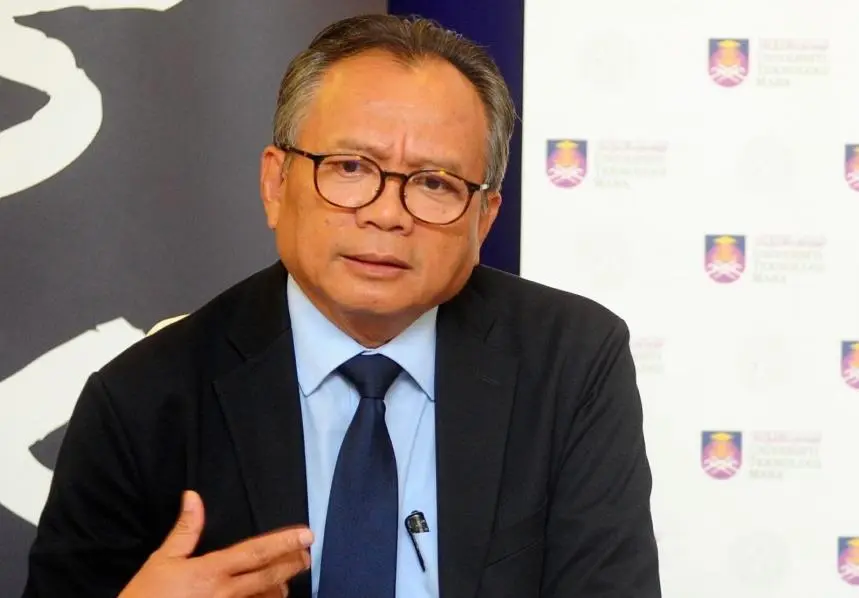
The new SUHAKAM ensemble must work hard to ensure that they
- Maintain the ‘Grade A’ status so as not to be looked at as a global embarrassment. a ‘Grade A’ allows Malaysia to join an international peer review on human rights, especially the Universal Periodic Review (UPR). A downgrade to ‘Grade B’ will mean Malaysia will lose that privilege and is unlikely to sit in the UNHRC.
- Lobby the Government to table the SUHAKAM 2021 human rights report in Parliament to be debated and contemplated with practical and robust action plans in place according to recommendations by the UN Human Rights Council, including stating his stand on the Rome Statute, an accession to the International Criminal Court (ICC) to persecute war criminals and dictators responsible for crimes against humanity and the International Convention on the Elimination of All Forms of Racial Discrimination (ICERD) which he opposed a few years ago,
- Regular consultations, interactions and meetings with MPs and Parliamentary Special Select Committees as well as with CSOs, including the Malaysian Bar Council as partners in implementing the human rights agenda,
- Lobby for additional budget allocations for SUHAKAM that must be stated in the National Budget and should come from Parliament instead of from the Executive, in this case, the Prime Ministers Department to ensure integrity, independence and autonomy,
- SUHAKAM must be the moral compass, conscience and conviction of the nation to urge the Government as enforcer of reforms in policies and laws that are pro human rights, and work towards the ratification of the 6 other UN human rights conventions.
While I still have reserved but high hopes in the new commissioners and an existing one who have done human rights work in the past, the rest remain to be proven as advocates of human rights.
There is much to do for human rights in Malaysia and SUHAKAM is the catalyst for human rights to be upheld, protected, promoted and defended without fear, favour or prejudice and must act as that.
Kasthuri Patto
DAP Member of Parliament for Batu Kawan
Member of the Parliamentary Special Select Committee for International Affairs
DAP Spokesperson for International Affairs



